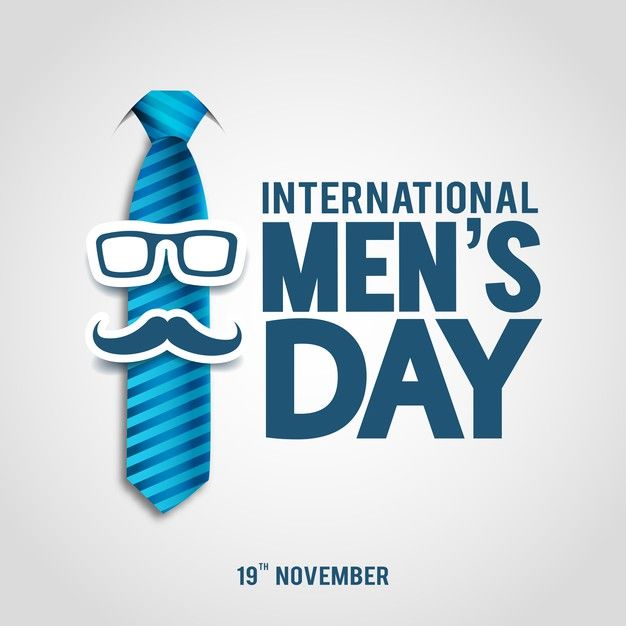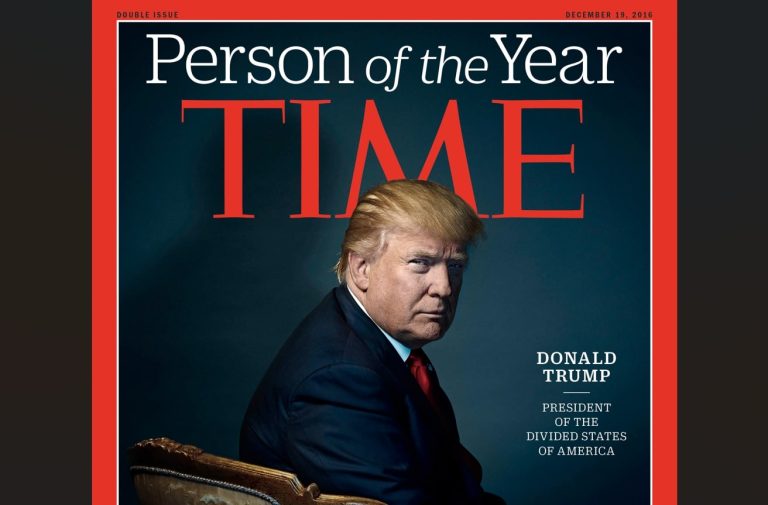
International Men’s Day (IMD) is celebrated every year on November 19th, a day dedicated to recognizing the positive contributions that men make to society, as well as raising awareness about issues that affect men’s health, well-being, and equality. While it’s often overshadowed by other globally recognized days, International Men’s Day plays an important role in addressing critical social issues and promoting positive change for men across the world.
What is International Men’s Day?
International Men’s Day was first celebrated in 1992, initiated by Dr. Jerome Teelucksingh, a history professor from Trinidad and Tobago. The day was established to honor the achievements and contributions of men in various areas such as family, community, workplace, and academia. The overarching goal is to highlight and promote gender equality, focusing on men’s roles in society, mental and physical health, and the importance of positive male role models.
Key Facts About International Men’s Day
- A Focus on Men’s Health
One of the key focuses of International Men’s Day is raising awareness about men’s physical and mental health. Men, on average, tend to have shorter life expectancies than women, and they are also less likely to seek medical help. Issues like depression, suicide, and substance abuse disproportionately affect men, and IMD highlights the need for more attention to these issues. It’s a reminder to encourage men to care for their physical and mental health and to break down the stigma around seeking help. - Promoting Gender Equality
IMD serves as a platform to advocate for gender equality, highlighting that men, just like women, face challenges based on societal expectations. The day encourages both men and women to work together to create more balanced, inclusive, and supportive societies. While many movements have focused on women’s rights and gender equality, International Men’s Day seeks to highlight the need for men to also be a part of this conversation. - Supporting Positive Male Role Models
International Men’s Day emphasizes the importance of positive male role models who embody respect, responsibility, and compassion. These role models can come from a variety of walks of life—teachers, fathers, coaches, business leaders, and community advocates—who influence and inspire the younger generation. By celebrating their positive contributions, IMD aims to encourage future generations of men to embrace these values. - Challenging Stereotypes and Toxic Masculinity
IMD provides a platform to challenge stereotypes and traditional ideas of masculinity that can often be harmful. The day encourages a broader definition of masculinity, one that allows men to express a wide range of emotions, seek help when needed, and embrace vulnerability without shame. This helps challenge the toxic masculinity that can lead to violence, emotional suppression, and a lack of emotional intelligence. - A Global Celebration
Though celebrated on November 19th, International Men’s Day has gained popularity around the globe, with activities and events taking place in countries including the United States, the United Kingdom, India, Australia, and more. In fact, in some countries, IMD is used to address specific national issues related to men, such as combating male violence or promoting better educational opportunities for boys and men. - Theme of the Year
Every year, International Men’s Day has a theme, which varies based on global issues affecting men at the time. For example, themes have ranged from mental health and well-being, to celebrating men’s contributions to family and society. These themes help direct the conversation for each year, giving IMD a focused agenda for discussions and activities. - Encouraging Educational Opportunities
On International Men’s Day, there is a focus on improving educational opportunities for boys, particularly in areas where they are underrepresented or facing disadvantages. Boys are often at a higher risk of dropping out of school and underperforming academically. Raising awareness of these issues is part of IMD’s mission to ensure that boys and young men have access to the support they need to succeed.
Why Is International Men’s Day Important?
International Men’s Day is important because it provides a platform to address important issues that impact men and boys, many of which are often overlooked. For example, issues like male suicide rates, the high incidence of workplace injuries, and the need for better support systems for fathers are frequently underrepresented in public discourse.
At the same time, IMD also serves to celebrate the many contributions that men make to society, from their roles as fathers, caregivers, and community leaders to their achievements in business, science, and the arts. By focusing on these positive contributions, the day helps challenge the negative stereotypes that often surround men in the media.
Celebrating International Men’s Day
International Men’s Day is celebrated in many ways, ranging from conferences and panel discussions to sporting events and charity drives. Schools and organizations may host activities to educate young boys about healthy masculinity and the importance of mental well-being. The celebration is not about excluding women, but rather about acknowledging that men, too, face unique challenges that deserve attention and support.
Conclusion
International Men’s Day is more than just a day of celebration; it is an opportunity to reflect on the importance of gender equality, the health and well-being of men, and the critical role that positive role models play in shaping society. As we continue to move towards a more inclusive world, IMD encourages both men and women to work together to break down stereotypes, support each other, and create a better future for everyone.
So this November 19th, take a moment to reflect on the contributions of the men in your life, raise awareness about the challenges they face, and continue to build a society where everyone—regardless of gender—can thrive.






